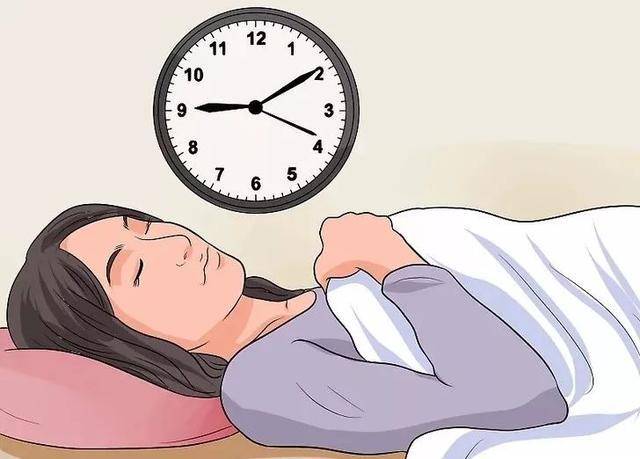Mr. Zhang worked on construction sites all year round and was able to retire early in line with national policies. In his sixties, he was generally healthy and had plenty of time at home. He enjoyed relaxing outings with friends when he had free time. However, one thing that kept him from a good night’s sleep was frequent urination, disrupting his sleep and affecting his family. Eventually, at the insistence of his family, Mr. Zhang agreed to visit the hospital to investigate the cause.
There are several possible reasons for frequent nighttime urination:
1. Prostate Disease: With age, prostate enlargement can lead to urinary frequency and urgency, disrupting sleep.
2. Kidney Disease: Kidney issues can cause abnormal urine production, with protein in the urine indicating serious kidney damage.
3. Urinary Tract Infections: Inflammatory issues in the urinary system, like cystitis or urethritis, can lead to increased nighttime urination.
4. Diabetes: High blood sugar in diabetes patients can cause increased urine production, especially at night.
5. Psychological or Behavioral Factors: Stress, anxiety, or dietary habits like consuming a lot of fluids before bedtime can also contribute to frequent nighttime urination.
After a medical examination, it was found that Mr. Zhang’s kidney’s ability to concentrate urine was decreasing, leading to excessive urine production and frequent nighttime awakenings. This condition was attributed to natural physiological changes due to aging and could be managed with medication and increased water intake during the day.
Despite following medical advice, Mr. Zhang found that drinking more water at night only increased his trips to the bathroom, making him reluctant to get up at night, wishing he could hold it until morning.
Is it okay to hold urine at night when you have the urge to go?
Holding urine can lead to bladder overfilling, potentially causing bladder inflammation and bacterial infections. Additionally, delaying urination can stimulate the brain, affecting sleep quality and overall health.
In conclusion, it is best to urinate when you feel the urge at night to avoid potential health issues and sleep disruptions.
Uncle Wang believed that nighttime awakenings indicated poor health. However, consulting with a doctor revealed that occasional nighttime awakenings are normal for most people and not a cause for concern. The frequency of nighttime awakenings generally does not pose a problem unless it is excessive.
It is generally healthy to wake up at night as long as it does not significantly affect sleep quality. With age, frequent nighttime awakenings can be considered normal, but persistent issues may warrant medical attention.
To address excessive nighttime urination, limit evening fluid intake, decrease water consumption before bedtime, and avoid diuretic foods such as winter melon, red beans, watermelon, and grapefruit.
Most people wake up at night, especially middle-aged and elderly individuals. If frequent nighttime awakenings persist, it may be necessary to investigate potential kidney-related causes.


